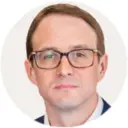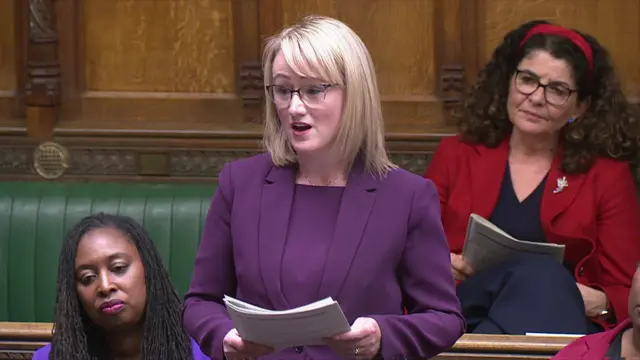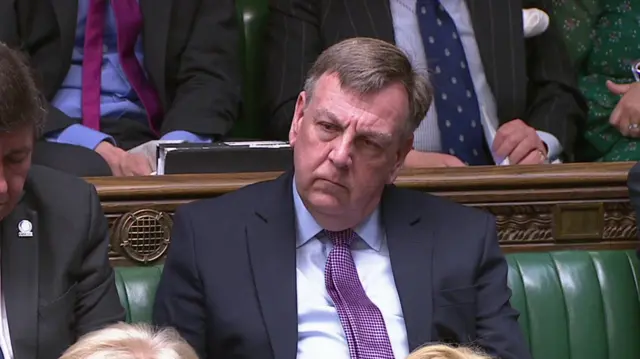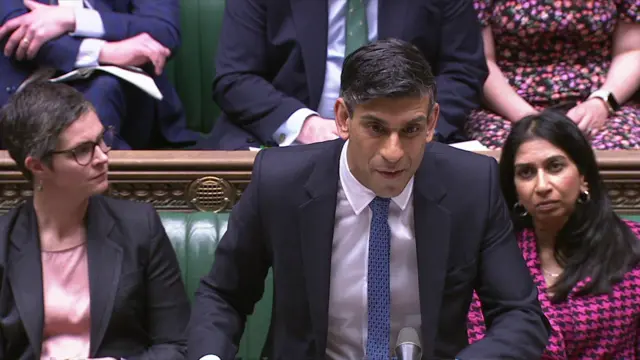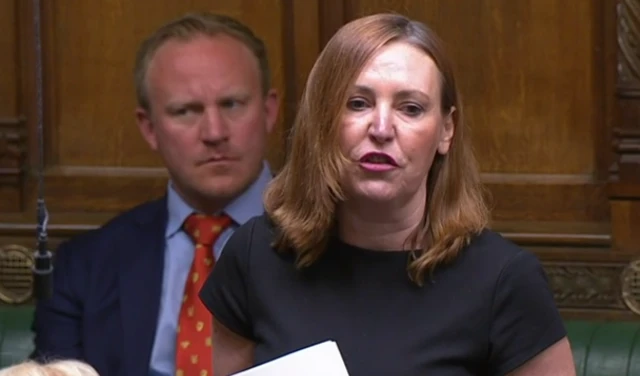Thanks for joining uspublished at 13:47 BST 3 May 2023
 Emma Owen
Emma Owen
Live reporter
That's it for our coverage of Prime Minister's Questions this week.
As ever, you can find plenty more politics stories on our website, and we have a section dedicated to local election coverage too - you can find that here.
We'll have a full results service, with a live page beginning on Thursday evening - it will be clearly signposted on the site.
And if you're voting tomorrow, and even if you're not, here's a chance to read Chris Mason's thoughts on what's at stake.
Today's writers were Adam Durbin, Thomas Mackintosh, Chas Geiger, Paul Seddon and Jasmine Andersson.

